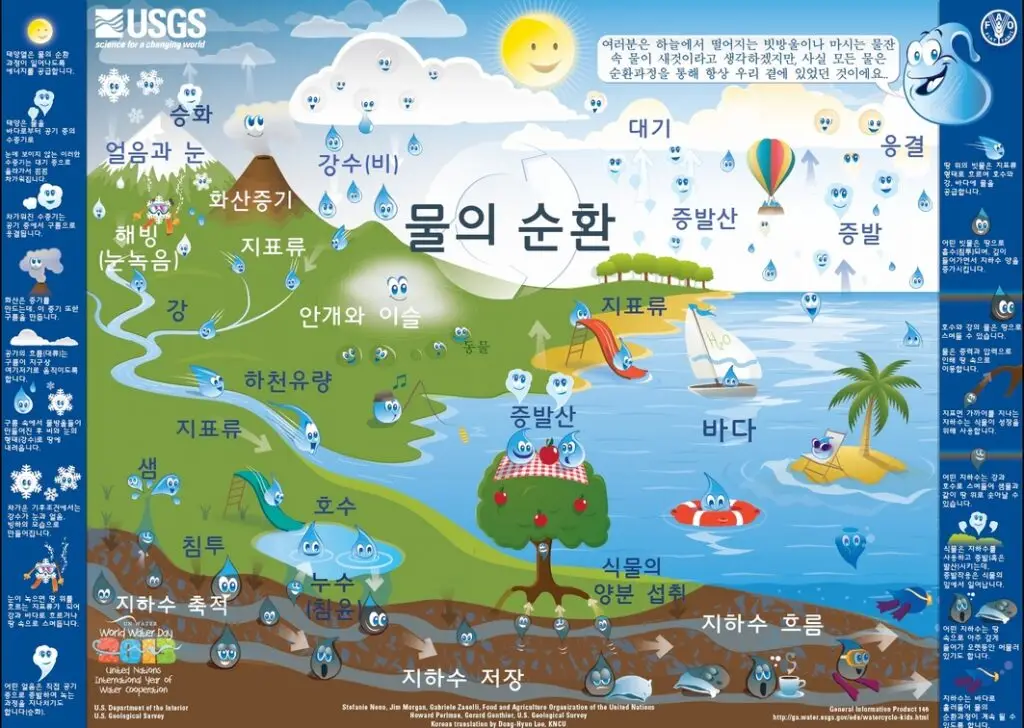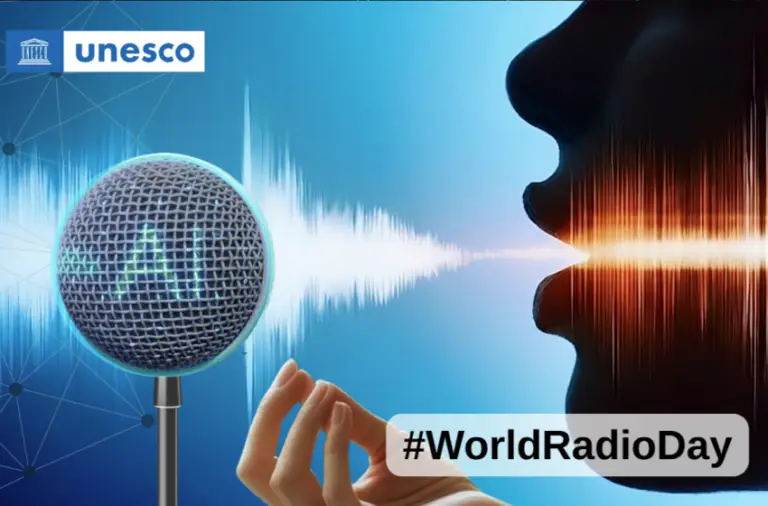이번 세계 물의 날은 2013년 세계 물 협력의 해를 맞아 기념하게 되었습니다. 이와 함께 회원국들은 인간의 건강과 복지, 새천년개발목표(MDGs) 달성, 그리고 영원한 평화와 지속가능한 개발을 위한 물 협력이 중요하다는 점에 공감하였습니다.
세계 물 협력의 해는 “물, 우리가 나누기만 한다면 어디에나 있다”라는 구호를 통해 협력의 필요성에 힘을 실어줍니다. 이는 국가간 국경을 넘나드는 물의 관리와 함께, 국경 안에서 다양한 물 사용자들이 서로 상이한 용도로 물을 이용하는 공유의 의미 또한 담고 있습니다. 우리는 국가와 국가, 그리고 국내 사정 모두를 아우르는 보다 강력한 물관리체계를 갖추어야 할 것입니다.
이러한 점에서 ‘협력’은 우리의 움직임을 대변하는 대명사가 되어야 할 것입니다. 협력은 우리의 생태계를 보전하고 빈곤을 뿌리 뽑고 성 평등을 포함한 사회적 평등을 진전시키는데 필수적입니다. 여성은 물 협력을 위한 주요 행위자이며, 우리 모두는 여성들이 갖는 책임감에 걸맞게끔 최대한의 권리를 부여해야 합니다. 수자원에 대한 접근과 통제에 있어 평등을 보장하는 것은 현재와 미래 세대의 행복을 위해 중요합니다.
물과 관련된 현안은 복잡하며, 이에 대한 해결책 또한 다각도로 강구되어야 할 것입니다. 이는 필연적으로 혁신적 사고와 초국경적 협력을 요구합니다. 이를 위해 유네스코는 국제수문학프로그램(IHP) 및 물 관련 29개 석좌와 18개 관계기관을 망라하는 광범위한 협력체계를 추진해오고 있습니다. 여기에는 네덜란드에 위치한 UNESCO 물 교육연구소(IHE : Institute for Water Education)를 포함하며, 여기서는 지난 1957년 이래 세계 160개 국가에서 온 15,000명의 물 전문가들이 교육을 받았습니다.
물 협력은 기술적이거나 과학적인 논의 대상이 아닙니다. 이는 가난에 맞서 싸우고 환경을 보호하기 위한 것입니다. 또한 협력을 통해 지속가능한 개발과 영속적인 평화를 위한 기반을 닦기 위한 일입니다.
각국 정부는 물 관련 현안에 대처할 포괄적이고 협력지향적인 해결책을 마련하는데 심혈을 기울여야 합니다. 이를 위해 투자자부터 사용자까지 모든 관계자들을 포함하는 결의를 채택해야 할 것입니다. 우리 각자가 관여하고 있으며, 우리 모두에게 책임이 있는 일입니다. 물 협력은 선택사항이 아니라 우리 모두의 더 나은 미래를 위해 반드시 필요한 일입니다.
Message from Ms Irina Bokova, Director-General of UNESCO
on the occasion of World Water Day 22 March 2013
This World Water Day occurs during the 2013 International Year of Water Cooperation. With this, Member States agreed on the importance of water cooperation for human health and well-being, for achieving the Millennium Development Goals, and for lasting peace and sustainable development.
The International Year of Water Cooperation is guided by the slogan – “”water, water everywhere, only if we share””. This includes the management of transboundary waters between countries – it means also sharing water between different uses and varied users inside national borders. We need stronger water governance between and within States.
Cooperation must be our byword. This is essential to preserve our ecosystems, to eradicate poverty and to advance social equity, including gender equality. Women are key actors – we must empower them fully with the rights to match their responsibilities. Ensuring equality in access to and control over water resources is important for the well-being of current and future generations.
Water challenges are complex – solutions must be equally multi-faceted. This calls for innovative thinking and cooperation across the board. For this, UNESCO pursues a wide angle, drawing on its International Hydrological Programme as well as its 29 water-related Chairs and 18 water-related centres. These include the IHE Institute for Water Education, in the Netherlands, which has trained 15,000 water professionals from 160 countries since 1957.
Water cooperation is not a technical or scientific issue. This is about fighting poverty and protecting the environment. It is about laying the foundations for sustainable development and lasting peace.
Governments must commit to finding inclusive and cooperative solutions to water challenges. For this, we must take decisions that involve all relevant actors, from investors to users. Each of us is concerned, and we are all responsible. Water cooperation is not an option – it is an imperative for a better future for all.

미국지질조사국(USGS)이 만든 이 포스터는 영어 이외에도 6개 언어로 번역되었으며, 한국어판 최종본이 완성되어 UN-Water 홈페이지에 게시될 예정이다. http://www.unwater.org/water-cooperation-2013/get-involved/campaign-materials/en/


